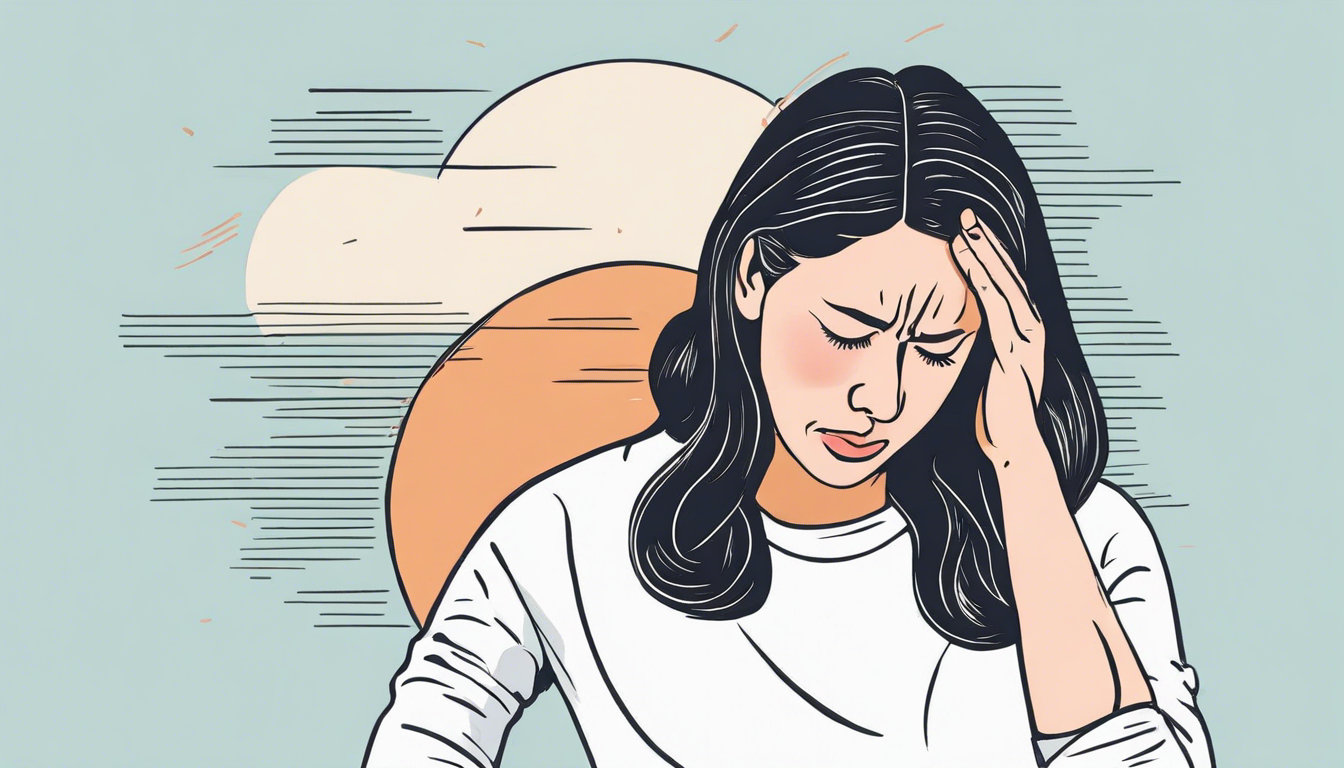Causes of Vertigo. 3 possible causes
Vertigo, a condition characterized by dizziness or even imbalance, is unpleasant and difficult to endure for many people, and may conceal certain health issues.
In this article, we will focus on 3 possible causes of vertigo:
- Inner ear problems
One of the most well-known causes of vertigo is directly related to the inner ear. Issues with the inner ear, such as an infection or other disorders, can lead to feelings of vertigo and dizziness. It is important to see a specialist as soon as possible if you are experiencing these symptoms.
- Vestibular Migraine
Another cause of vertigo is vestibular migraine. This type of intense headache, which also causes dizziness and nausea, is not fully understood, but it is believed that blood flow to the brain may affect the functioning of the vestibular system.
- Very low blood pressure
Vertigo can also occur when you have very low blood pressure, especially when it suddenly drops, for example when you get up quickly from bed or a chair. Vertigo occurs when blood reaches the brain with a delayed flow.
Treatment and prevention
Once the underlying cause of vertigo is identified, appropriate treatment can be prescribed. This may include medications, physical therapy, or lifestyle changes. It is crucial to follow the recommended treatment plan to alleviate symptoms and improve overall quality of life.
In terms of prevention, there are several strategies that can help reduce the likelihood of experiencing vertigo episodes:
- Stay hydrated: Dehydration can exacerbate vertigo symptoms, so it is important to drink an adequate amount of water daily.
- Avoid sudden movements: Quick changes in position, such as getting up rapidly, can trigger vertigo. Take your time when transitioning from lying down to standing up.
- Manage stress: Stress and anxiety can worsen vertigo. Engaging in relaxation techniques, such as deep breathing or meditation, may help reduce these symptoms.
- Maintain a healthy diet: A balanced diet can contribute to overall well-being and may help manage conditions that could lead to vertigo, such as low blood pressure.
By incorporating these practices into your daily routine, you can potentially reduce the frequency and severity of vertigo episodes. However, if you continue to experience persistent vertigo or if the symptoms worsen, it is essential to consult with a healthcare professional for further evaluation and personalized treatment recommendations. Your health is important, and seeking timely medical advice is key to managing vertigo effectively.
